-
 Bitcoin
Bitcoin $88,171.9943
0.77% -
 Ethereum
Ethereum $1,583.5013
-3.79% -
 Tether USDt
Tether USDt $0.9999
-0.01% -
 XRP
XRP $2.0788
-2.36% -
 BNB
BNB $601.6429
-0.53% -
 Solana
Solana $139.2326
-1.03% -
 USDC
USDC $1.0000
0.00% -
 Dogecoin
Dogecoin $0.1619
-0.06% -
 TRON
TRON $0.2477
1.31% -
 Cardano
Cardano $0.6267
-2.59% -
 Chainlink
Chainlink $13.0581
-3.75% -
 UNUS SED LEO
UNUS SED LEO $9.1913
-2.40% -
 Avalanche
Avalanche $19.6951
-3.57% -
 Stellar
Stellar $0.2445
-4.58% -
 Toncoin
Toncoin $2.9298
-3.54% -
 Sui
Sui $2.2407
-0.77% -
 Hedera
Hedera $0.1722
-0.30% -
 Shiba Inu
Shiba Inu $0.0...01233
-2.57% -
 Bitcoin Cash
Bitcoin Cash $337.4706
-0.29% -
 Hyperliquid
Hyperliquid $18.2488
-0.06% -
 Litecoin
Litecoin $78.5693
-1.21% -
 Polkadot
Polkadot $3.7036
-5.93% -
 Dai
Dai $1.0000
-0.01% -
 Bitget Token
Bitget Token $4.4181
-1.29% -
 Ethena USDe
Ethena USDe $0.9992
-0.01% -
 Pi
Pi $0.6291
-1.32% -
 Monero
Monero $216.0820
0.38% -
 Pepe
Pepe $0.0...07910
0.59% -
 Uniswap
Uniswap $5.2401
-3.83% -
 OKB
OKB $50.7369
-0.42%
Bitfinex contract long-short ratio
The Bitfinex contract long-short ratio, a key market sentiment indicator, reveals the relative positioning of traders in the futures market, helping traders gauge potential trends and turning points.
Nov 07, 2024 at 08:16 pm
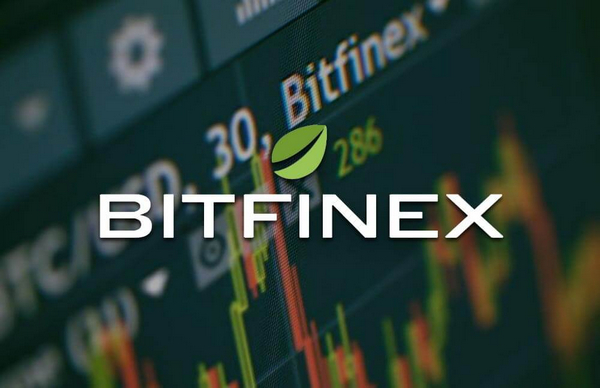
Bitfinex Contract Long-Short Ratio: A Comprehensive Guide to Understanding Market Sentiment
The Bitfinex contract long-short ratio is a significant indicator used by traders to gauge market sentiment and make informed trading decisions. This ratio provides insights into the relative positioning of traders in the futures market, enabling traders to identify potential trends and market turning points.
What is the Bitfinex Contract Long-Short Ratio?
The Bitfinex contract long-short ratio represents the proportion of long (buy) contracts to short (sell) contracts held by traders on the Bitfinex exchange. A high ratio, indicating a significant number of long contracts, suggests that traders are bullish on the market and anticipate future price increases. Conversely, a low ratio, indicating a higher number of short contracts, implies bearish sentiment and expectations of price declines.
How to Calculate the Bitfinex Contract Long-Short Ratio
To calculate the Bitfinex contract long-short ratio, divide the total number of long contracts by the total number of short contracts:
Contract Long-Short Ratio = Long Contracts / Short ContractsThe result provides a numerical value that represents the relative positioning of traders in the market.
How to Use the Bitfinex Contract Long-Short Ratio
The Bitfinex contract long-short ratio can be used in various ways to inform trading decisions:
- Identify Market Trends: A persistent increase or decrease in the ratio over time can indicate a developing trend. A rising ratio suggests increasing bullish sentiment and potential for upward price movement, while a declining ratio indicates growing bearish sentiment and potential for downward price movement.
- Spot Potential Turning Points: Sudden shifts in the ratio, such as a sharp increase after a period of decline, can signal a potential reversal in the trend. Traders can use this information to adjust their positions accordingly.
- Confirm Other Indicators: The contract long-short ratio can be used in conjunction with other technical indicators to provide a more comprehensive view of market sentiment. For instance, a high ratio combined with positive momentum indicators may strengthen bullish signals and vice versa.
- Avoid False Signals: It is important to note that the contract long-short ratio is not a perfect predictor of market direction. Changes in the ratio may not always lead to a corresponding price movement. Traders should consider other factors such as market news, economic data, and technical analysis before making trading decisions.
Limitations of the Bitfinex Contract Long-Short Ratio
The Bitfinex contract long-short ratio has certain limitations that traders should be aware of:
- Incomplete Data: The ratio only reflects the positioning of traders on the Bitfinex exchange. It does not consider the positions of traders on other exchanges, which may provide a different perspective on market sentiment.
- Influenced by Large Traders: The ratio can be skewed by the actions of large traders with significant capital, who may hold a disproportionate number of contracts.
- Not a Direct Market Forecast: The ratio does not directly predict price movements. Instead, it provides a gauge of market sentiment, which can be a helpful input for trading decisions when combined with other factors.
Disclaimer:info@kdj.com
The information provided is not trading advice. kdj.com does not assume any responsibility for any investments made based on the information provided in this article. Cryptocurrencies are highly volatile and it is highly recommended that you invest with caution after thorough research!
If you believe that the content used on this website infringes your copyright, please contact us immediately (info@kdj.com) and we will delete it promptly.
- What if the next internet sensation isn't a viral video or dance challenge—but a meme coin?
- 2025-04-22 14:40:12
- Gold Hits New All-Time High Near $3,500
- 2025-04-22 14:40:12
- Crypto law firm Burwick Law has called out Solana-based non-fungible token platform Metaplex's plan to sweep unclaimed Solana (SOL) into its treasury
- 2025-04-22 14:35:11
- Bybit Details Movement Of Hacked Assets in Staggering $1.5B Crypto Heist
- 2025-04-22 14:35:11
- 2 Main Reasons Why Kaspa (KAS) Price Is Pumping
- 2025-04-22 14:30:12
- Coinbase Launches CFTC-Approved XRP Futures Contracts Through Its Derivatives Arm
- 2025-04-22 14:30:12
Related knowledge

How does Tail Protection reduce the loss of liquidation?
Apr 11,2025 at 01:50am
Introduction to Tail Protection in CryptocurrencyTail Protection is a mechanism designed to mitigate the risks associated with liquidation in cryptocurrency trading. Liquidation occurs when a trader's position is forcibly closed by the exchange due to insufficient margin to cover potential losses. This often happens in leveraged trading, where traders b...
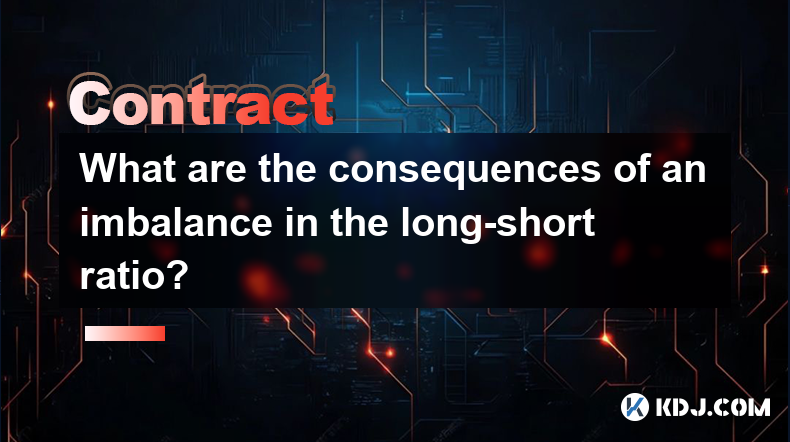
What are the consequences of an imbalance in the long-short ratio?
Apr 13,2025 at 02:50pm
The long-short ratio is a critical metric in the cryptocurrency trading world, reflecting the balance between bullish and bearish sentiments among traders. An imbalance in this ratio can have significant consequences on the market dynamics, affecting everything from price volatility to trading strategies. Understanding these consequences is essential fo...
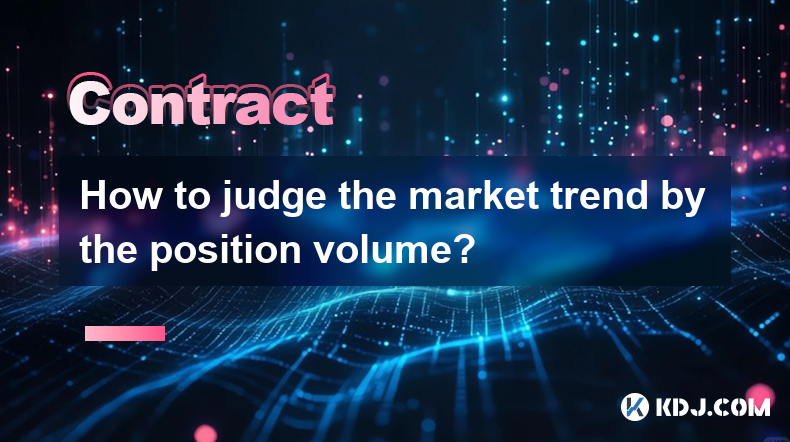
How to judge the market trend by the position volume?
Apr 11,2025 at 02:29pm
Understanding how to judge the market trend by position volume is crucial for any cryptocurrency trader. Position volume, which refers to the total number of open positions in a particular cryptocurrency, can provide valuable insights into market sentiment and potential price movements. By analyzing this data, traders can make more informed decisions ab...

Why does a perpetual contract have no expiration date?
Apr 09,2025 at 08:43pm
Perpetual contracts, also known as perpetual futures or perpetual swaps, are a type of derivative product that has gained significant popularity in the cryptocurrency market. Unlike traditional futures contracts, which have a fixed expiration date, perpetual contracts do not expire. This unique feature raises the question: why does a perpetual contract ...
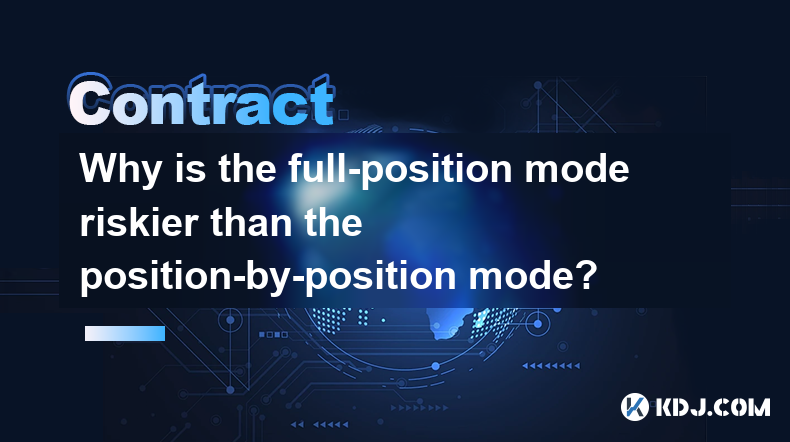
Why is the full-position mode riskier than the position-by-position mode?
Apr 13,2025 at 03:42pm
Why is the Full-Position Mode Riskier Than the Position-by-Position Mode? In the world of cryptocurrency trading, the choice between full-position mode and position-by-position mode can significantly impact the risk profile of a trader's portfolio. Understanding the differences between these two modes is crucial for making informed trading decisions. Th...
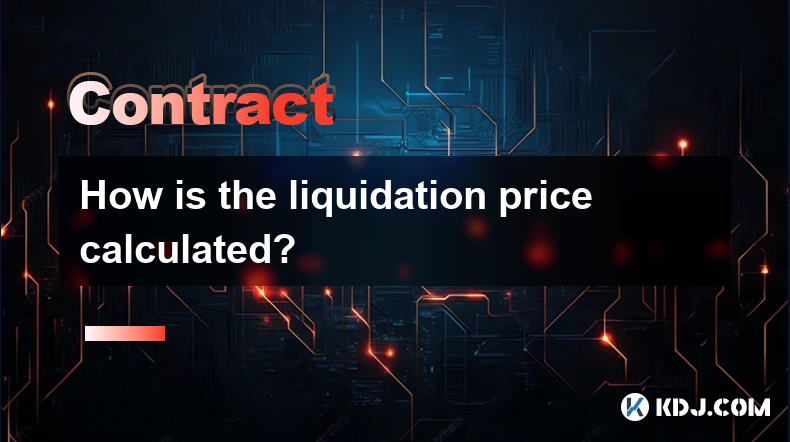
How is the liquidation price calculated?
Apr 12,2025 at 01:35am
Introduction to Liquidation PriceLiquidation price is a critical concept in the world of cryptocurrency trading, particularly when dealing with leveraged positions. Understanding how this price is calculated is essential for traders to manage their risk effectively. The liquidation price is the point at which a trader's position is forcibly closed by th...

How does Tail Protection reduce the loss of liquidation?
Apr 11,2025 at 01:50am
Introduction to Tail Protection in CryptocurrencyTail Protection is a mechanism designed to mitigate the risks associated with liquidation in cryptocurrency trading. Liquidation occurs when a trader's position is forcibly closed by the exchange due to insufficient margin to cover potential losses. This often happens in leveraged trading, where traders b...

What are the consequences of an imbalance in the long-short ratio?
Apr 13,2025 at 02:50pm
The long-short ratio is a critical metric in the cryptocurrency trading world, reflecting the balance between bullish and bearish sentiments among traders. An imbalance in this ratio can have significant consequences on the market dynamics, affecting everything from price volatility to trading strategies. Understanding these consequences is essential fo...

How to judge the market trend by the position volume?
Apr 11,2025 at 02:29pm
Understanding how to judge the market trend by position volume is crucial for any cryptocurrency trader. Position volume, which refers to the total number of open positions in a particular cryptocurrency, can provide valuable insights into market sentiment and potential price movements. By analyzing this data, traders can make more informed decisions ab...

Why does a perpetual contract have no expiration date?
Apr 09,2025 at 08:43pm
Perpetual contracts, also known as perpetual futures or perpetual swaps, are a type of derivative product that has gained significant popularity in the cryptocurrency market. Unlike traditional futures contracts, which have a fixed expiration date, perpetual contracts do not expire. This unique feature raises the question: why does a perpetual contract ...

Why is the full-position mode riskier than the position-by-position mode?
Apr 13,2025 at 03:42pm
Why is the Full-Position Mode Riskier Than the Position-by-Position Mode? In the world of cryptocurrency trading, the choice between full-position mode and position-by-position mode can significantly impact the risk profile of a trader's portfolio. Understanding the differences between these two modes is crucial for making informed trading decisions. Th...

How is the liquidation price calculated?
Apr 12,2025 at 01:35am
Introduction to Liquidation PriceLiquidation price is a critical concept in the world of cryptocurrency trading, particularly when dealing with leveraged positions. Understanding how this price is calculated is essential for traders to manage their risk effectively. The liquidation price is the point at which a trader's position is forcibly closed by th...
See all articles























































































